Early in Yakuza: Like a Dragon‘s story, Ichiban and Nanba huddle together in a small, dingy room, thankful for its roof, four walls, and mats to sleep on. The two relish the comfort of a safe space; for Nanba, it beats the tents of a homeless encampment, and for Ichiban, the room is far cozier than a prison cell. The years had gone on in his eighteen-year prison sentence, serving time for a crime he did not commit for the sake of the Arakawa family. As the two get to talking about the past, Ichiban considers how lost he feels at over forty years of age, having emerged into a world he no longer recognizes. Nanba, seeking something tangible, asks him what he wanted to be as a child. Ichiban considers for a moment before finally responding: he wanted to be a hero.
The transition away from the Like a Dragon series’ beat-em-up combat was always going to be a risky endeavor. Arguably more so was the move from series legend Kazuma Kiryu to a new leading man. It is perhaps why it is so fitting that Yakuza: Like a Dragon‘s Ichiban Kasuga is a New Years baby, his debut ushering in a profound sense of change while simultaneously honoring the past. Like a Dragon 7 is different, but at its heart a Yakuza game like any other, where the foundations of its Japanese crime stories and zany side quests exist in tandem with the type of emotional resonance that comes from characters with the fortitude to fight for those they believe in. Ichiban wants to be a hero, and by the end of Yakuza: Like a Dragon, he has shown he is one.
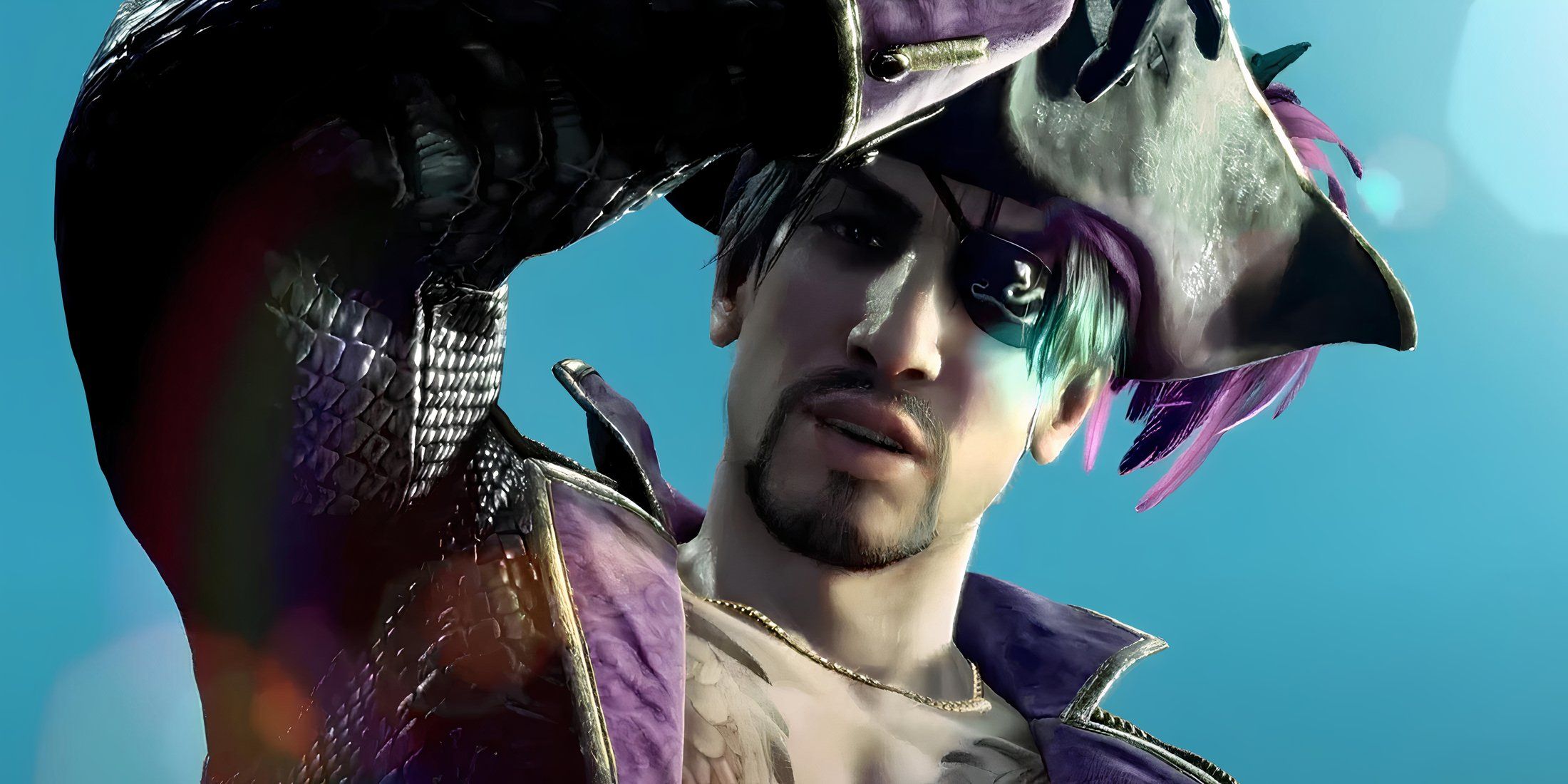
Related
Like a Dragon: Pirate Yakuza in Hawaii Confirms Free New Game Plus
Like a Dragon: Pirate Yakuza in Hawaii players won’t need to purchase the most expensive version of the game to gain access to New Game Plus.
How Heroism is Woven into Yakuza: Like a Dragon’s Ichiban Kasuga
Those Who Fight Further
On its surface, themes of heroism are woven tightly into Yakuza: Like a Dragon‘s RPG influences. Ichiban cites Dragon Quest itself as being his own source of inspiration, and the title works greatly to honor the legacy of the genre. The job-based party system sits at the core of Like a Dragon 7‘s gameplay, allowing Ichiban to become a literal hero through devastating bat swings and healing magic. Sure, there might be some hallucinatory effects coming into play with it all, the same that lets Nanba rain down pigeons with his homeless powers or that has office clerk Eri skewering enemies with thumbtacks, but despite the ways in which they fight or their chances of succeeding, Ichiban and his allies fight all the same.
The Capacity for Change
Like a Dragon 7‘s willingness to center on older characters, even in its traditional JRPG party structure, is another boon to its conceit of heroism. The willpower to crawl back up from rock bottom is one of Ichi’s core tenets, an ideology that works in part because of his age; the idea that it is never too late to be a hero, never too late to turn one’s life around, is core to both him as a character and the influence that he has on others. As a protagonist who sits opposite to Kiryu’s stoicism by wearing his heart on his sleeve, Ichiban’s trust and ability to see the good in others is what helps to define his heroism beyond any sort of combat prowess. These sentiments rub off on characters like Nanba and Adachi, which in turn strengthens the party’s dynamic, going on to define Kiryu’s own role in Infinite Wealth as he learns the importance of leaning on others.
Seeing the Good in Others
It is through this lens that Like a Dragon 7‘s antagonist becomes more sympathic. Ryo Aoki, or Masato Arakawa, is not above his heinous actions throughout the game’s plot, but the way that he is framed with Ichiban in mind is a reminder of how compassion fits in with Ichiban’s heroism. Just as Ichiban is able to see the good in people, he is also able to recognize when someone is walking down the wrong path, resolving to stop them when they cannot stop themselves. To feel for Masato’s pain — while reminding him that he was, and continues to be, loved — is a reminder of his inability to give up on people, another of his tenets that plays into the capacity for change.
To say that Ichiban inspires his allies would be an understatement. He is a protagonist who, like Kiryu, strives to help irrespective of the situation, for no reason other than that offering a shoulder to someone’s struggles lessens the weight they feel. Whether it be in the more serious moments of Yakuza: Like a Dragon‘s emotional foray into the Ijin Three and Masato’s political uprising, or through its wild substories, Ichiban’s mentality is treated not as foolish or overly sentimental, but rather as a respectable part of his character. Just as RGG has shown the emotional vulnerability of supporting Like a Dragon protagonists like Saejima and Tanimura, Ichiban taps into the underlying compassion that demonstrates just how resonant the Like a Dragon series can be in its characters and the human emotions that help to define them.
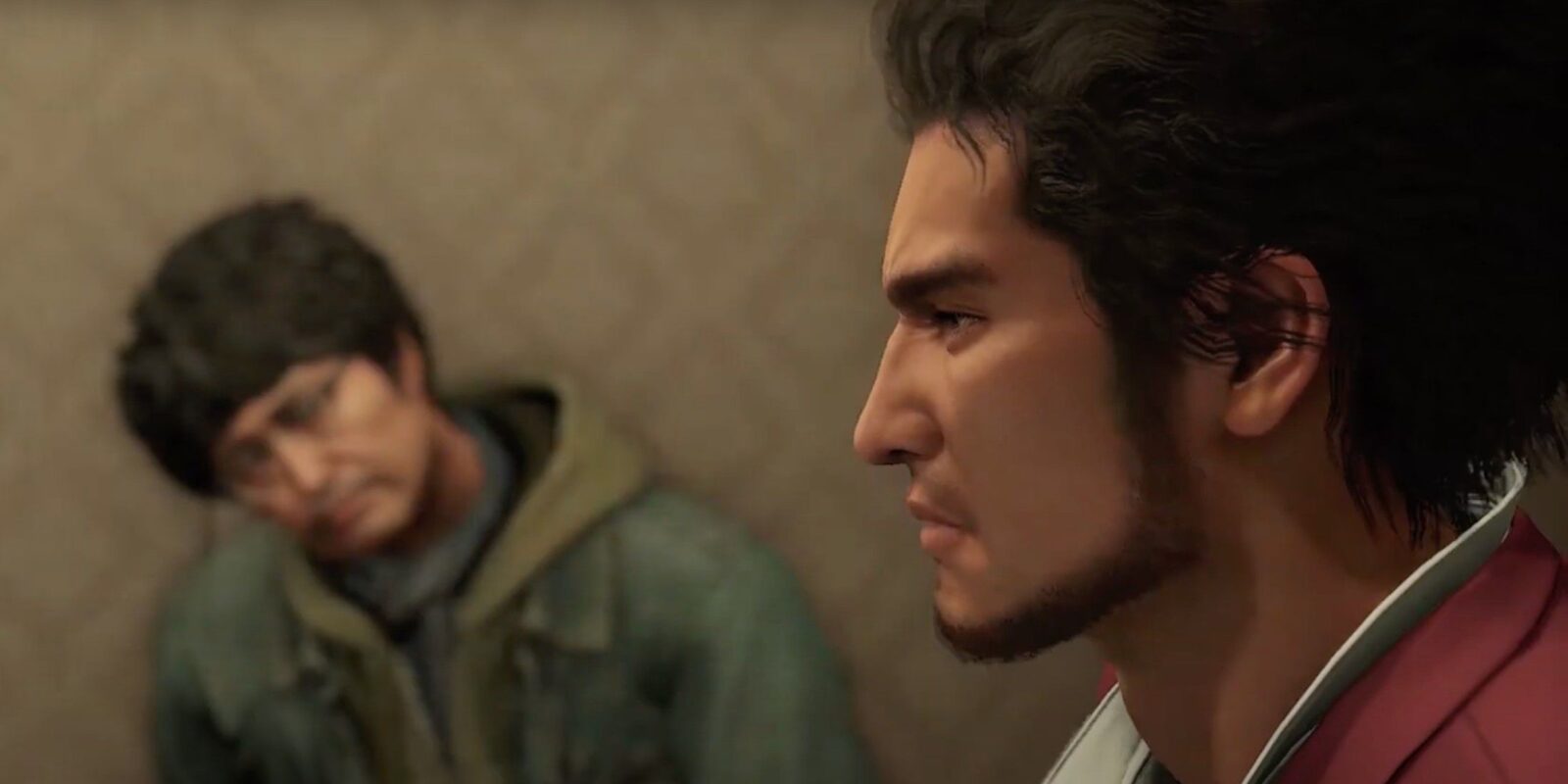
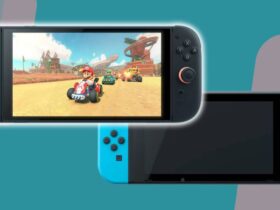
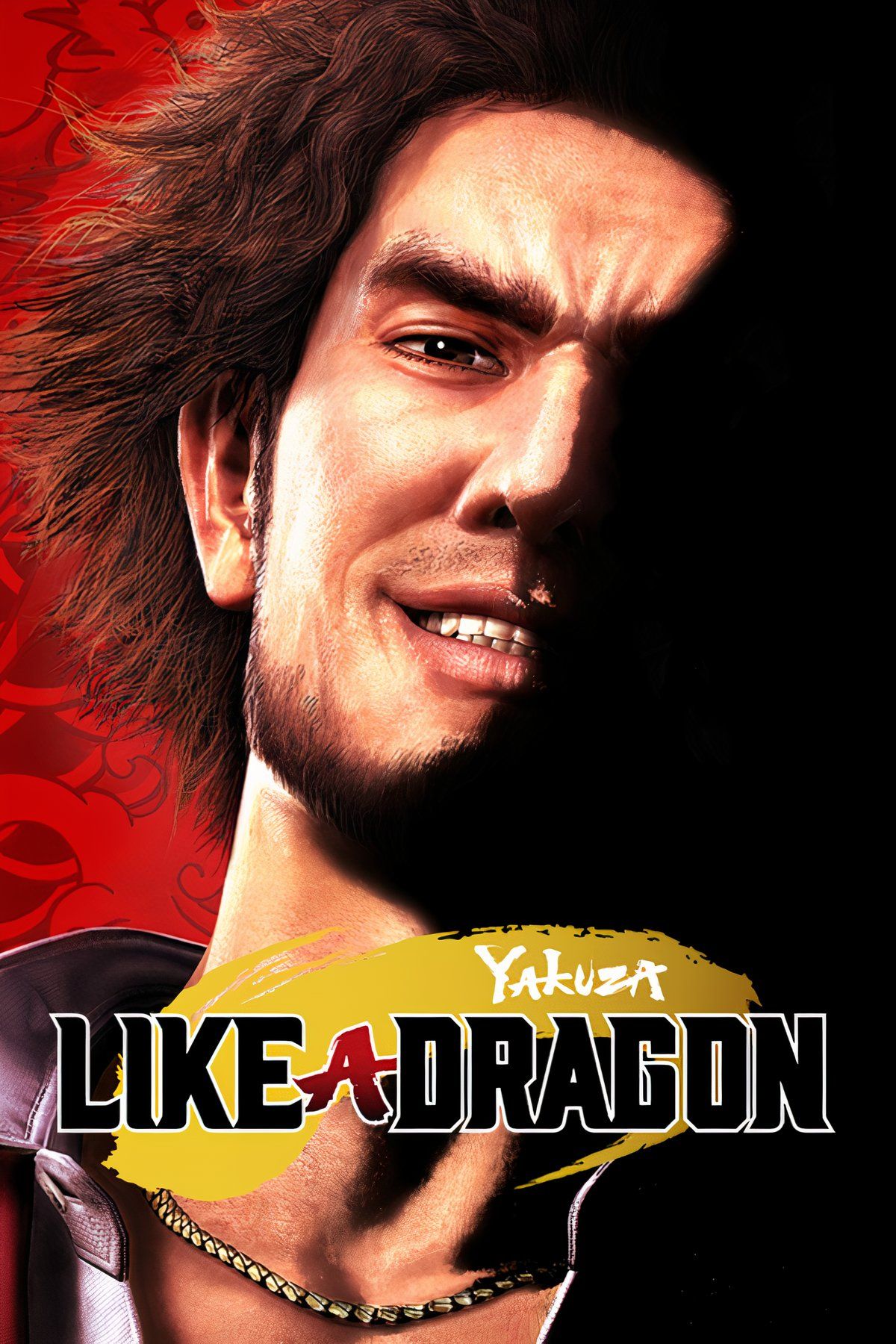


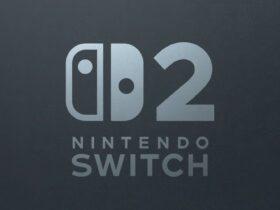

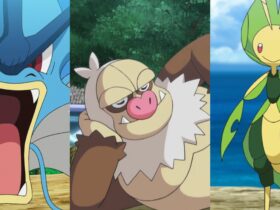
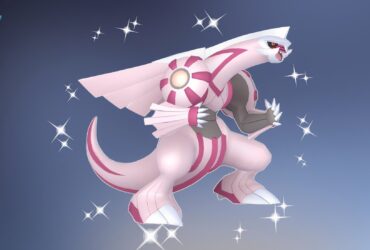
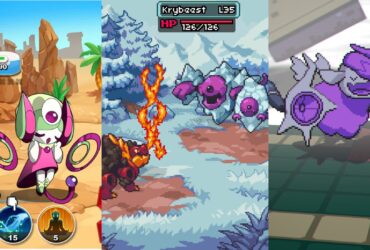
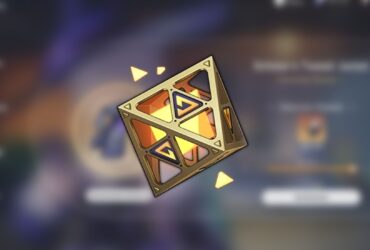


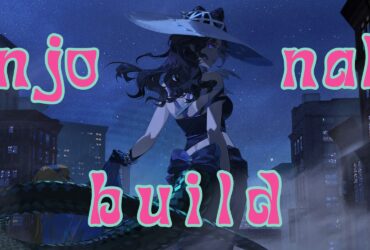
Leave a Reply